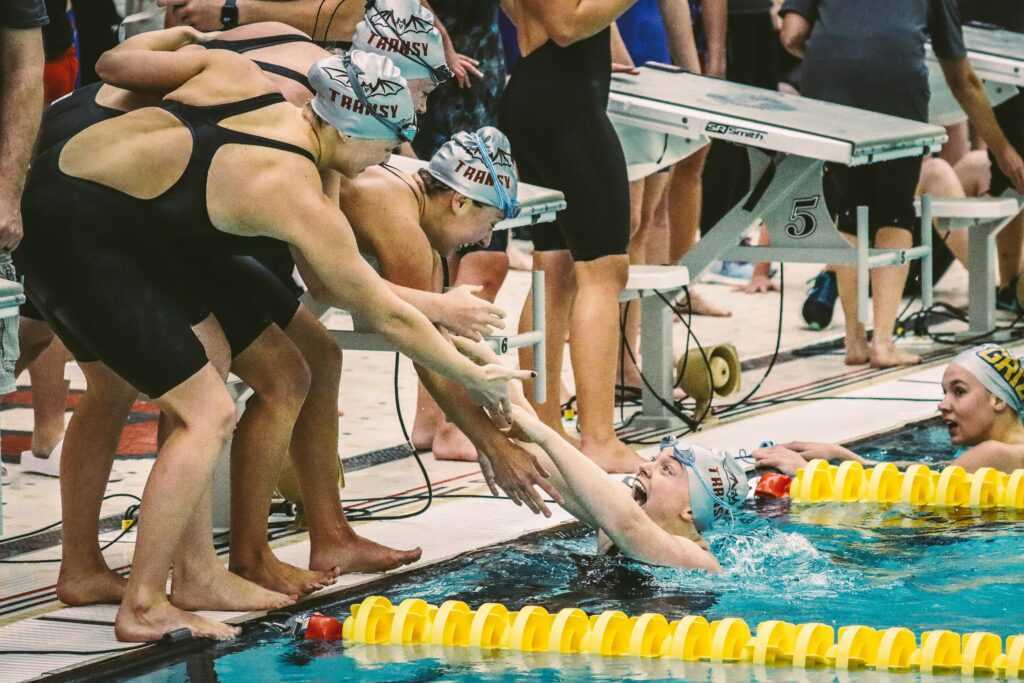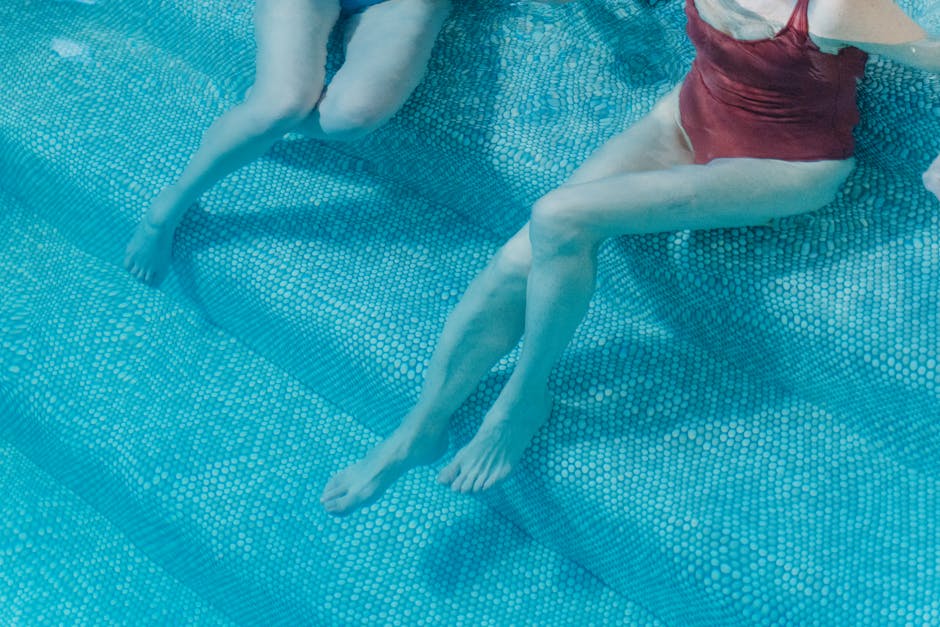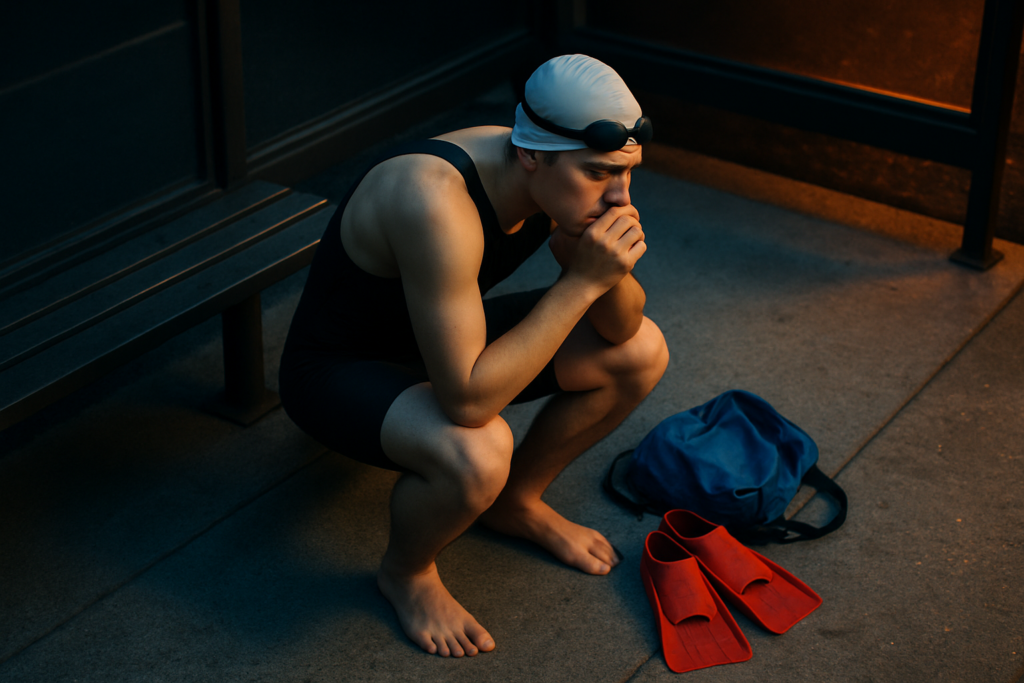Swimming is one of the best full-body workouts. It builds strength, improves endurance, and keeps you sharp. But if you’re serious about improving, you need a coach. And today, that search often starts online.
Finding a swim coach online isn’t just for elite athletes anymore. Whether you’re training for your first triathlon or just trying to fix your freestyle, there’s someone out there who can help — if you know where to look.
Why Go Online for a Swim Coach?
Not everyone has access to a local swim club. And even if you do, group lessons might not meet your needs. Online coaching solves that.
It’s flexible. You can train on your own time. You get personal feedback. And the pool is your classroom — no matter where you live.
More than 3.6 million adults in the U.S. joined swim programs in 2024, according to Statista. That includes both in-person and online lessons. The online portion is growing fast, especially with virtual coaching tools, wearable tech, and video review platforms.
What Makes a Good Online Swim Coach?
Not all coaches are created equal. And online? That gap gets bigger. Here’s what to look for:
Experience
Ask about their background. Do they work with beginners? Triathletes? Competitive swimmers? A former college swimmer might be great for racing, but not ideal if you’re just trying to swim 10 laps without stopping.
Communication Style
This is key. Some coaches send long emails with drills. Others prefer quick voice notes or text messages. Choose a coach whose feedback fits how you learn.
One swimmer we spoke with said, “My first coach sent video breakdowns with voiceover. That helped more than any in-person lesson I’ve had. I could rewatch it until it clicked.”
Tech Tools
The best coaches use tools like video feedback, stroke analysis apps, or waterproof fitness trackers. These aren’t required, but they add serious value. Look for someone who knows how to use the tech — and doesn’t just throw gear at you without guidance.
Custom Plans
If you’re paying for coaching, it should fit your goals. A good coach won’t give you a cookie-cutter PDF. They’ll ask about your pool access, schedule, and target outcomes. Then they’ll build something that makes sense for you.
Where to Find Online Swim Coaches
The internet has plenty of options. Some are better than others. Here are the top places to look:
1. CoachUp
CoachUp lets you search by sport, location, and coaching style. Even if the coach isn’t nearby, many offer remote training options. Each profile shows reviews, experience, and pricing.
2. MySwimPro
This app isn’t just workouts. It includes access to certified swim coaches who review your progress, give feedback, and help plan your sessions. The app also tracks time, pace, and distance with a smartwatch.
3. YouTube + Patreon
Some coaches build a following on YouTube, then offer personal coaching on platforms like Patreon. This works well if you already like their content and want more direct help.
Tip: Look for creators who answer comments or post Q&A sessions. That usually means they’re engaged and serious about helping.
4. Reddit and Facebook Groups
Yes, these can be hit or miss. But they’re great places to ask for recommendations. Many athletes find coaches through referrals in online swim groups. Just be smart — check for real reviews and don’t rely on private messages from random users.
And if you ever run into problems with past comments or posts, there are services that can help you clean up your history or even remove negative tweets that could hurt your credibility when applying for competitive programs or coaching jobs.
How Much Should You Pay?
Prices vary a lot. Some coaches charge $50 a month for weekly feedback. Others run $150–$300 for premium training with one-on-one calls and custom plans.
If you’re on a tight budget, try:
- Email-based coaching instead of video calls
- Group programs with shared check-ins
- Short-term packages instead of ongoing subscriptions
Many coaches also offer a trial week or discounted intro session. Use that time to test their style before committing.
What You’ll Need to Get Started
Online coaching doesn’t require much gear, but here’s what helps:
- A waterproof phone holder or tripod for filming strokes
- A smartwatch with swim tracking (Garmin, Apple, or FORM goggles are great)
- Consistent pool access — even just 2–3 times a week is enough
- Time to record or log your swims
And be honest with your coach. If you miss a workout, say so. They can only help if they know what’s going on.
Red Flags to Avoid
Some coaches look polished but deliver little. Watch out for:
- Vague plans with no clear goal
- Poor communication or slow replies
- Overpromising (like shaving 10 seconds off your 100m in two weeks)
- No accountability (if they never check in, why pay?)
Ask for sample workouts or feedback examples before signing up. A good coach will gladly show how they work.
Real Results from Remote Coaching
Online swim coaching works — when it’s done right.
One swimmer we talked to trained for their first open-water race using only online coaching. “I’d send my videos on Monday, get drills by Tuesday, and race-ready by race day,” they said. “I knocked 8 minutes off my time in 6 weeks.”
The key wasn’t magic. It was clear feedback, smart training, and consistency.
Swimming is one of the few sports where remote coaching can still feel personal. The right coach sees your stroke, hears your goals, and builds a plan that fits your life.
You don’t need to be fast. You don’t need fancy gear. You just need to start.
Ask questions. Compare styles. Try a few sessions. And remember — the best coaching isn’t about yelling on the pool deck. It’s about helping you get better, one stroke at a time.
With the right coach in your corner, even solo laps start to feel like a team effort. And once you start seeing progress, there’s no turning back — just smoother, faster swims ahead.


 is a passionate advocate for fitness and healthy living, blending her expertise in swimming with a dedication to overall wellness. With years of experience both in and out of the pool, she offers valuable insights on effective workout routines, nutrition, and lifestyle habits that support peak performance and vitality. Rosamie’s writing is characterized by its practical advice, encouraging readers to adopt sustainable habits for long-term health and fitness. She frequently shares her personal journey and success stories to motivate others, and her articles often include actionable tips that readers can easily incorporate into their daily lives. By focusing on a holistic approach to fitness, Rosamie aims to help individuals not only achieve their athletic goals but also cultivate a balanced and fulfilling lifestyle.
is a passionate advocate for fitness and healthy living, blending her expertise in swimming with a dedication to overall wellness. With years of experience both in and out of the pool, she offers valuable insights on effective workout routines, nutrition, and lifestyle habits that support peak performance and vitality. Rosamie’s writing is characterized by its practical advice, encouraging readers to adopt sustainable habits for long-term health and fitness. She frequently shares her personal journey and success stories to motivate others, and her articles often include actionable tips that readers can easily incorporate into their daily lives. By focusing on a holistic approach to fitness, Rosamie aims to help individuals not only achieve their athletic goals but also cultivate a balanced and fulfilling lifestyle.
